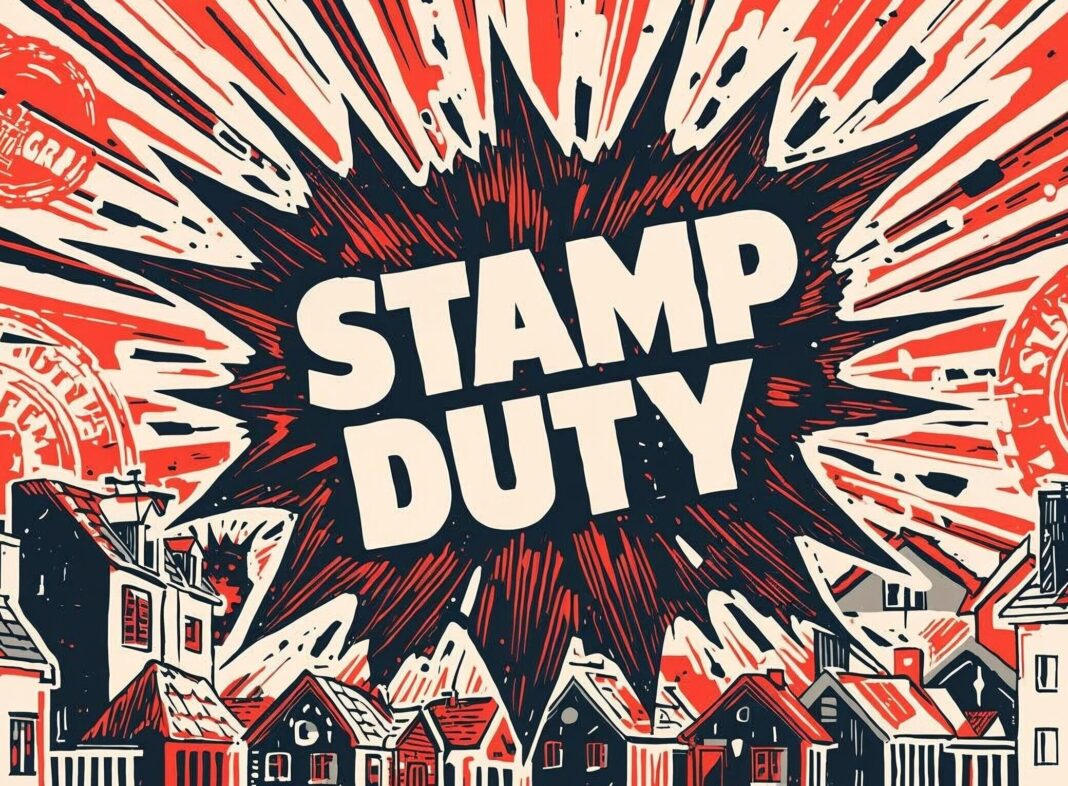The Chancellor has been warned against making piecemeal changes to property taxation in the Budget, with an independent committee calling instead for a wholesale reform of the system amid what it described as a “dysfunctional” housing market.
The Independent Housing Policy and Delivery Oversight Committee, which held its first meeting in September, said speculation about new revenue-raising measures risked worsening market inefficiencies and imposing unintended costs on households.
Sir Vince Cable (main picture, inset), the committee’s Chair, says: “There is no doubt that the housing market is not working efficiently and property taxation is a significant factor.
“The case for major reform of the whole property tax system – from Stamp Duty Land Tax to inheritance tax to council tax and VAT – is almost unarguable.”
PIECEMEAL CHANGES
He goes on to say: “Recent speculation about piecemeal changes in the Budget for revenue raising purposes, if they came about, would be a step in the wrong direction. To take just one example, putting National Insurance tax on landlords would be most likely to lead to higher rents for tenants.
“That is, in effect, an increase in taxation on working people.
“The reality is that wholesale reform is needed to make the market work more efficiently and achieve improvements in housing provision across the country. This is no small task and we do not underestimate its complexity or the political dimension.
“Change on the scale necessary demands the most careful consideration and at the least, a White Paper and extensive consultation to avoid unintended consequences to this fundamental aspect of society.”
CRITICAL EYE
And he adds: “Properly functioning, the housing market can bring great benefits – improvements to the economy, greater labour mobility, supporting skills development and providing more and better-quality housing – to name but a few.
“As an independent committee our aim is to bring a non-partisan, well-informed, critical – but constructive – eye on developments in this vital part of the fabric of the country.
“It is in all our interests that everyone has safe, well-designed and built accommodation. We are not there at the moment and we are committed to doing all we can to help the government achieve those aims.”
HOUSING STOCK CONCERNS
At its inaugural meeting, the committee began mapping out the areas of the housing crisis it intends to examine and the data that will be used to track progress.
Key themes identified included affordability, the impact of the forthcoming Renters’ Rights Bill, the difficulties tenants face in saving for a deposit, and the effectiveness of planning reforms.
Members also raised questions over the types of housing available, particularly how to encourage downsizing among older people, as well as the regional disparities in affordable housing supply.
HOUSING QUALITY
The committee discussed concerns over the quality of housing stock, the rising cost of construction despite slower house price inflation, and the decline in the number of small and medium-sized builders due to financing constraints.
It also highlighted the need for greater cooperation between government departments, the effects of local government reorganisation, the implications of population forecasts, and regional variations in supply and demand.
To measure outcomes, the committee will initially focus on a select range of metrics including household formation and housing stock levels, affordability ratios, the number of households in temporary accommodation, homelessness figures, net additions to the housing supply, and the quality and design of existing stock.
The group intends to meet every three to four months and will publish regular reports assessing trends in the housing market and progress towards government objectives.









